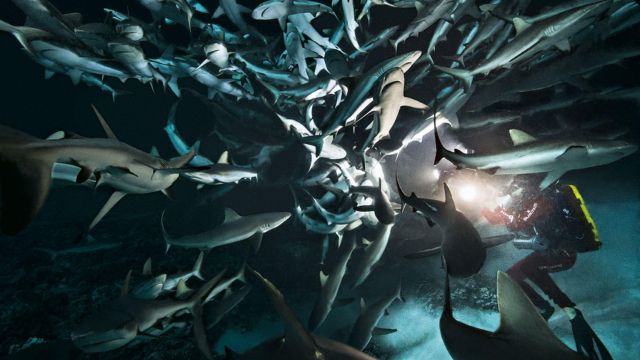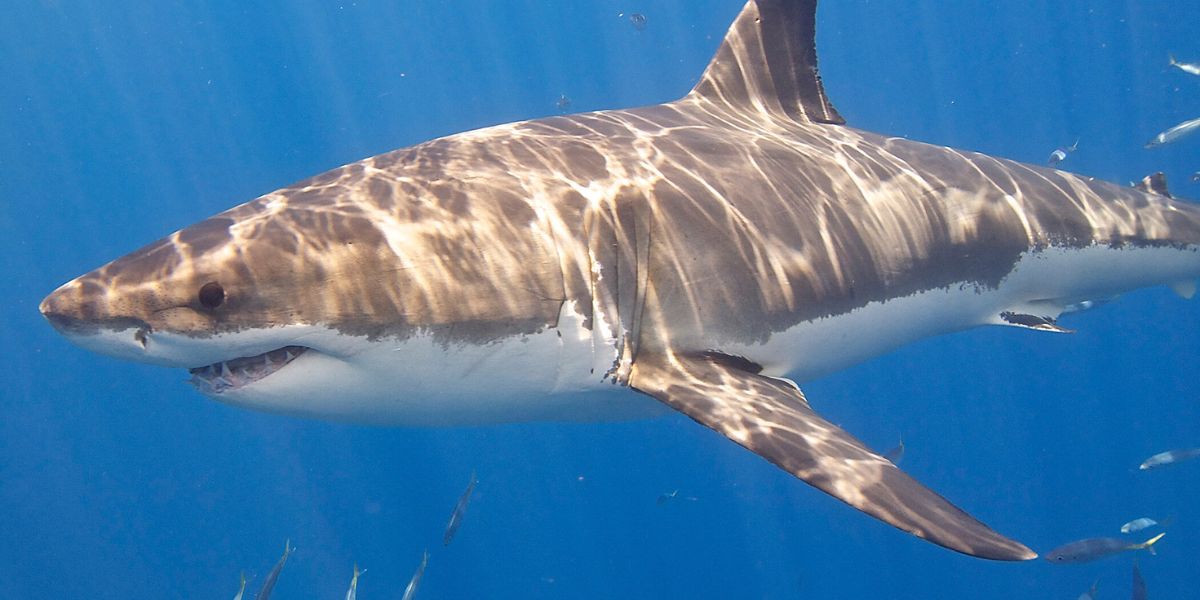(MJP) —
Cedar Key, Florida – Many people living in North Central Florida have resorted to social media to talk about their experiences with sharks, whether they were in the Atlantic or the Gulf.
Shark attacks in Florida have always been a problem, but the year 2024 seems to have seen a spike. Fifteen shark attacks were documented in Florida in 2023. More than ten cases have been reported thus far this year.
Beaches and rivers abound in Florida, making it a popular destination for water sports and vacationers.
The rising number of shark encounters this summer was discussed by Mike Allen, a wildlife expert from the University of Florida, at Cedar Key.
“The summertime is when the sharks are in the northern Gulf of Mexico,” Allen explained, adding that beachgoers aren’t the only ones making the journey to the shore. During the winter, they make their way south. That is where they intersect with swimmers as well.
This movement is seasonal; in fact, it’s always more likely that humans may encounter sharks in the summer when there are more swimmers.

Both the sharks’ migration patterns and the specific aquatic habitats in which humans swim play a role. The estuary habitat of Cedar Key is a magnet for animals, including sharks, which swimmers may encounter.
SEE MORE –
Three People Hurt in Shark Attacks Between Florida and Texas on July 4th
As Allen pointed out, “this is a very productive estuary that has a lot of food resources for sharks,” meaning that beachgoers often encounter these marine predators.
Allen went on to discuss how local laws and climate change are influencing the dynamics of shark interactions, going beyond the shift in beachgoers’ habits.
Conservation initiatives, he says, “have all contributed to increases in shark populations,” citing “both recreational, commercial restrictions on harvest, the reduction in shark finning practices,” as examples.
It is believed that climate change contributes to the problem, along with human influence through laws. According to Allen, the frequency with which people contact with certain animals fluctuates as a result of the effects of climate change on species distribution.
“Sharks are no exception among the many tropical fish species that are migrating north in the Gulf of Mexico as a result of climate change,” he stated.
North Central Florida beachgoers may be worried about the rise in shark encounters reported on social media.
But Allen stresses the significance of sharks to the state’s ecology, explaining that they play an essential role in maintaining a healthy marine food chain.



